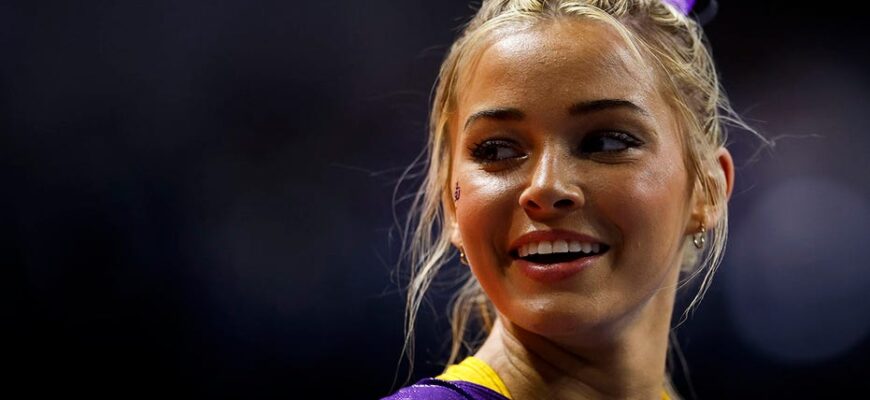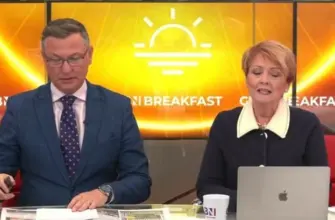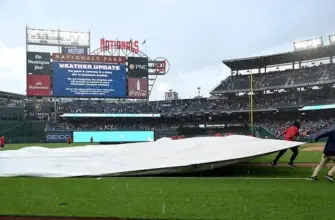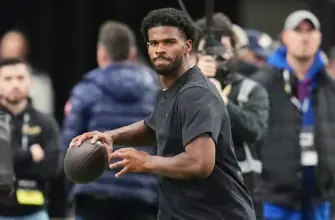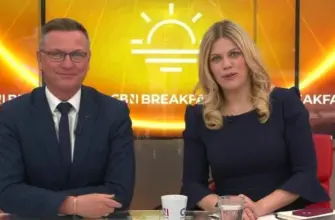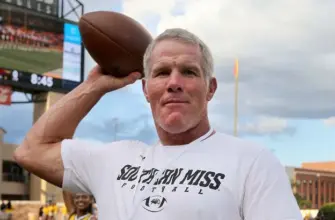Olivia Dunne, a prominent collegiate athlete with a substantial social media following, voiced her opposition to the NCAA’s proposed $2.8 billion settlement during Monday’s final hearing.
Dunne, along with three other college athletes, testified against the agreement, specifically challenging the methodology used to determine name, image, and likeness (NIL) valuations. She argued that her own NIL estimation significantly undervalued her contributions.
“I am a Division I athlete, a businesswoman, and I’ve been the highest-earning female athlete since these NIL rules came into effect,” Dunne stated. “This settlement simply doesn’t reflect my true value.”
She criticized the settlement’s reliance on outdated calculations, asserting that it captured only a limited view of the evolving NIL market.
“This settlement uses old logic to calculate modern value,” she explained. “It takes a narrow snapshot of a still maturing market and freezes it, ignoring the trajectory we were on and the deals we lost and the future we could have had.”
A plaintiff’s attorney confirmed that Dunne would receive a revised NIL valuation as a result of her testimony.
The settlement, named after Arizona State swimmer Grant House, proposes a system where schools allocate 22% of their revenue from media rights, ticket sales, and sponsorships directly to student-athletes for the use of their NIL. External endorsements and other NIL opportunities would remain permissible. NOLA.com estimates that the agreement could distribute over $2.5 billion to athletes who were unable to capitalize on NIL opportunities prior to the NCAA’s rule changes in 2021. The majority of these funds are projected to benefit former football and men’s basketball players from major conferences, given their sports’ substantial revenue generation.
To prevent potential pay-for-play scenarios, the settlement also mandates a clearinghouse that will assess and ensure fair market value for all NIL deals exceeding $600.
U.S. District Judge Claudia Wilken listened to concerns raised during Monday’s proceedings but did not indicate a change in her position regarding the settlement. She acknowledged the issues raised and solicited further input from legal counsel, with a final decision expected within weeks.
“Basically I think it is a good settlement, don’t quote me, and I think it’s worth pursuing,” Wilken stated. “I think some of these things could be fixed if people tried to fix them and that it would be worth their while to try to fix them.”
The court has already granted preliminary approval for the settlement involving the NCAA and its major conferences, scheduled to take effect on July 1st.
“Today’s hearing on the landmark settlement was a significant step in modernizing college sports,” the NCAA stated. “If approved, the settlement will allow student-athletes the opportunity to receive nearly 50% of athletic department revenue in a sustainable and fair system for years to come.”
The agreement aims to reshape the landscape of collegiate athletics by providing a more equitable distribution of resources to student-athletes while maintaining compliance with evolving regulations.

